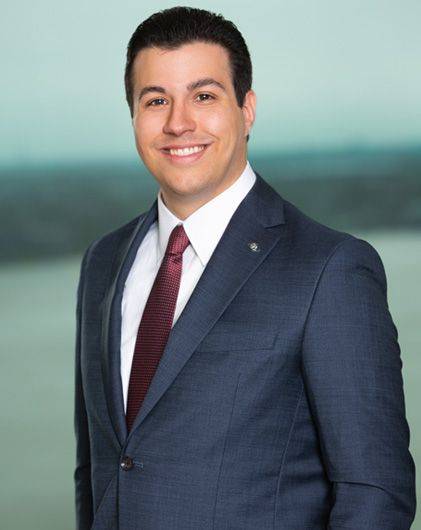Louisiana’s New Voluntary Environmental Self-Audit Program: What Businesses Need to Know
In December 2023, the Louisiana Department of Environmental Quality (LDEQ) issued rules implementing a voluntary environmental self-audit program, as directed by the Louisiana Legislature’s 2021 enactment of Louisiana Revised Statute § 30:2044. By putting this self-audit program in place, Louisiana joins many other states in protecting regulated companies from administrative penalties when they voluntarily disclose certain violations discovered through environmental audits not otherwise required under federal, state, or local law or regulations.
The self-audit program reduces or erases penalties for most violations that regulated companies voluntarily reveal if they meet these requirements:
-
- The violation was systematically discovered during an environmental audit.
- The violation was voluntarily disclosed.
- The violation was disclosed within 45 days of its discovery unless another law or rule required disclosure sooner.
- The violation was independently identified before LDEQ would have identified the problem.
- The violation was corrected as quickly as possible, but no later than 90 days from the date of its discovery, unless LDEQ granted an extension of time.
- The company took appropriate steps to prevent recurrence of the violation after its disclosure.
- Identical or closely related violations have not occurred at the same facility within the past three years.
- Penalty reduction for the violation is not specifically excluded.
- The owner or operator cooperated with LDEQ by giving information as required.
In general, regulated entities that satisfy all nine conditions are eligible for a 100% penalty reduction. Those which meet all except for the “systematic discovery” requirement are eligible for a 75% penalty reduction.
Violations that are not eligible for penalty reduction include those which are:
-
- Seriously harmful,
- Imminently dangerous,
- Independently discovered by regulators,
- Detected through required monitoring,
- Subject to chemical accident prevention rules,
- Deliberate or
- Part of a pattern of behavior by the regulated company.
To qualify for penalty mitigation, an owner or operator must notify LDEQ before starting the self-audit using a current Notice of Audit Form and pay a $1,500 fee. The self-audit must be completed within six months after its start date, unless LDEQ grants an extension.
If the self-audit identifies violations, the regulated company must notify LDEQ of such violations within 45 days of discovery using a current Disclosure of Violation Form. It must identify and correct all violations, if applicable. LDEQ will provide an acknowledgement of the receipt of the Disclosure of Violation in writing, which will include a concurrence with or rejection of the proposed corrective actions.
LDEQ must keep Disclosure of Violations and other documentation related to the results of a self-audit confidential and withhold them from public disclosure until a final decision is made or a period not to exceed two years from the receipt of the initial Disclosure of Violation, whichever occurs first. LDEQ’s final decision regarding any violations are public and published through its website. But regulated companies may request confidentiality to protect trade or proprietary secrets and commercial, proprietary or financial information.
New owners of properties may also take advantage of self-audit programs begun by their sellers. They must notify LDEQ of their intent to continue the audit and complete it no later than six months after the closing date. New owners who were responsible for environmental compliance at the property before the acquisition and those affiliated with their sellers are not eligible to participate.
Louisiana’s voluntary environmental self-audit program rewards businesses for giving environmental disclosures beyond those required by federal, state, or local law or regulations by protecting them from penalties for violations discovered during these self-audits. To further encourage companies to take part in the self-audit program, LDEQ has recused itself from requesting, reviewing or otherwise using an environmental audit report during an inspection. Accordingly, regulated companies should strongly consider conducting self-audits to insulate themselves from potential liabilities.
Please contact David J. Topping, Blake Donewar or any member of the Phelps Environmental team if you have questions or need advice or guidance.



